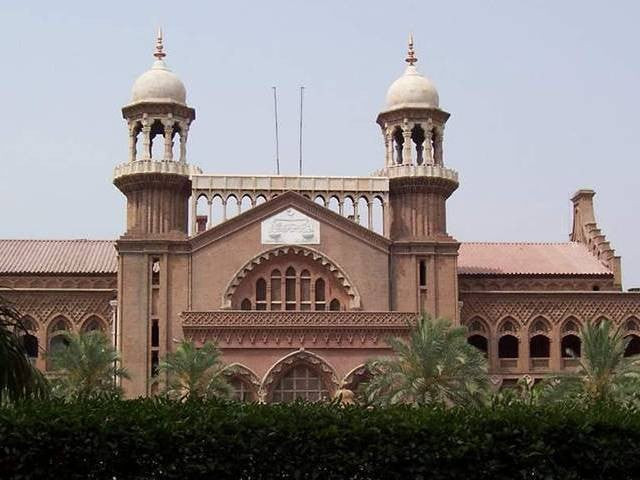Understanding Recent Legal Rulings on Marriage and Puberty in Pakistan
In a significant ruling, the Lahore High Court has brought attention to a complex intersection of law and culture regarding marriage laws in Pakistan. Under Islamic law, it’s now established that a marriage contracted after reaching puberty is considered valid, even if the individual falls below the age specified by the Child Marriage Restraint Act of 1929. For those unaware, in Punjab, the legal minimum marriage age is set at 18 for men and 16 for women.
This ruling emerged from a case involving a concerned father who sought to reclaim his 15-year-old daughter, claiming she was in the illegal custody of a man named Mudassar Ali and his family. However, during the court proceedings, the young girl appeared and asserted her independence, revealing that she had willingly married Ali and wished to stay with him.
What’s particularly noteworthy is how the court handled the argument regarding the Child Marriage Restraint Act. While the father’s lawyer pointed out that the law categorizes females under 16 as children, the court clarified that simply being below that age doesn’t invalidate a marriage if the individual has reached puberty. This distinction underscores a broader interpretation of legal and religious frameworks.
The court referenced a 2022 ruling from the Federal Shariat Court, highlighting that setting a minimum marriage age doesn’t automatically render marriages invalid if contracted below that age, provided other conditions—like reaching puberty—are met. As per Islamic law, individuals are considered legally competent to marry upon reaching puberty, which is typically presumed at age 15 but can occur earlier.
Drawing on principles from DF Mulla’s Principles of Mohammedan Law, the court concluded that since the girl was just over 15 and confirmed her maturity, she was within her rights to make such a significant life choice.
The implications of this ruling are far-reaching and invite a broader conversation about the nuances of marriage laws in Pakistan. It serves as a reminder of the ongoing dialogue between traditional beliefs and modern legal frameworks. If you’re interested in understanding more about legal interpretations and how they affect societal norms, check out the insights offered by Pro21st. Engaging with such topics can enrich our understanding of the world around us.
At Pro21st, we believe in sharing updates that matter.
Stay connected for more real conversations, fresh insights, and 21st-century perspectives.





